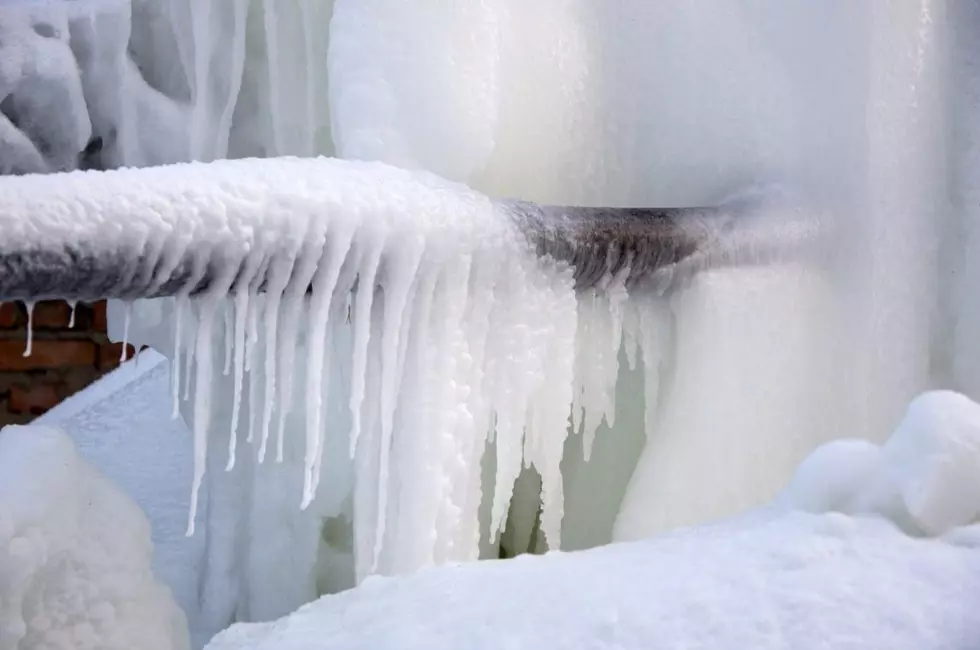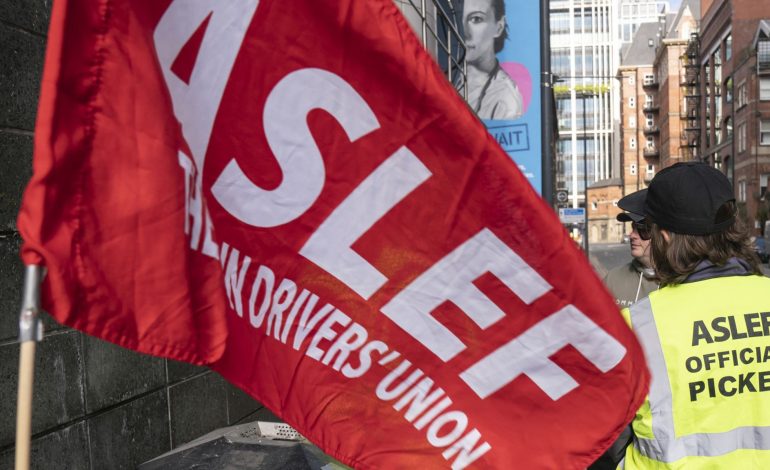A two-year long dispute between train drivers and 16 rail companies has come to an end with an overwhelming majority of ASLEF union members voting in favor of a multi-year pay deal, Sky News reports.
The agreement, which delivers a 15% pay rise over three years, was reached within weeks of the new Labour government taking office.
The deal ends what ASLEF has described as the “longest train drivers’ strike” in recent history, with members engaging in 18 separate days of walkouts and refusing non-contractual overtime. The strikes caused significant disruption to passenger services across the country.
ASLEF general secretary, Mick Whelan, praised the “strength and resilience” of train drivers who stood firm against what he called the “political piracy” of the previous Conservative government. Whelan accused the Conservatives of “sitting on their hands” and refusing to negotiate, prolonging the strike.
The new Transport Secretary, Louise Haigh, welcomed the agreement, stating that the cost of not settling the dispute would have significantly outstripped the cost of the “below-inflation” deal. She stressed that the agreement ends “two years of chaos on our railways” under the Conservatives and will ensure a more reliable service for passengers.
Haigh criticized the Conservatives for deliberately prolonging the dispute, which she claimed cost the economy and taxpayers over £1 billion.
The deal provides a 5% pay increase for 2022 to 2023, 4.75% for 2023 to 2024, and 4.5% for 2024 to 2025. The offer is backdated and pensionable and includes drivers who retired or left the industry during the dispute.
The agreement comes amidst a wave of public sector pay rises, including a 22.3% pay rise for junior doctors. However, the government’s decision to cut the winter fuel allowance for pensioners has raised questions about the affordability of these settlements, particularly given the £22 billion “blackhole” in the nation’s finances.









